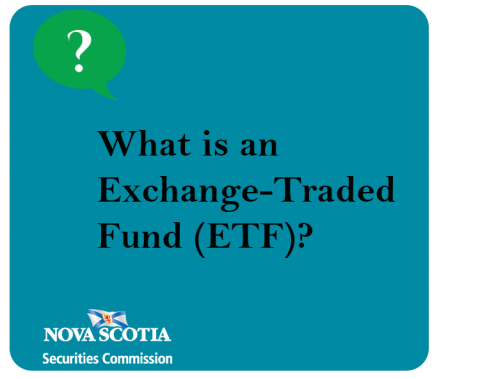Submitted by nsscadmin on

An Exchange-Traded Fund, or ETF as they are commonly known, are an investment fund traded on a stock exchange that holds assets such as stocks, commodities or bonds which track an index or specialize in a specific sector such as technology.
An ETF may sound like a mutual fund, but there are important differences. Unlike a mutual fund an ETF trades like a common stock on an exchange. This means they experience price changes throughout the day as they are bought and sold by investors. An ETF has a net asset value calculated at the end of every day like a mutual fund does, but its quoted price can be different than its net asset value.
ETFs also typically have lower fees compared to mutual funds because of their tracking of an index. Because an ETF follows an index it does not require the same close daily management or active management that a mutual fund does. That allows an ETF to typically have lower fees than you would find with a mutual fund. There are still fees though, including commissions when you buy or sell units, as well as management fees and operating expenses paid to the fund manager.
